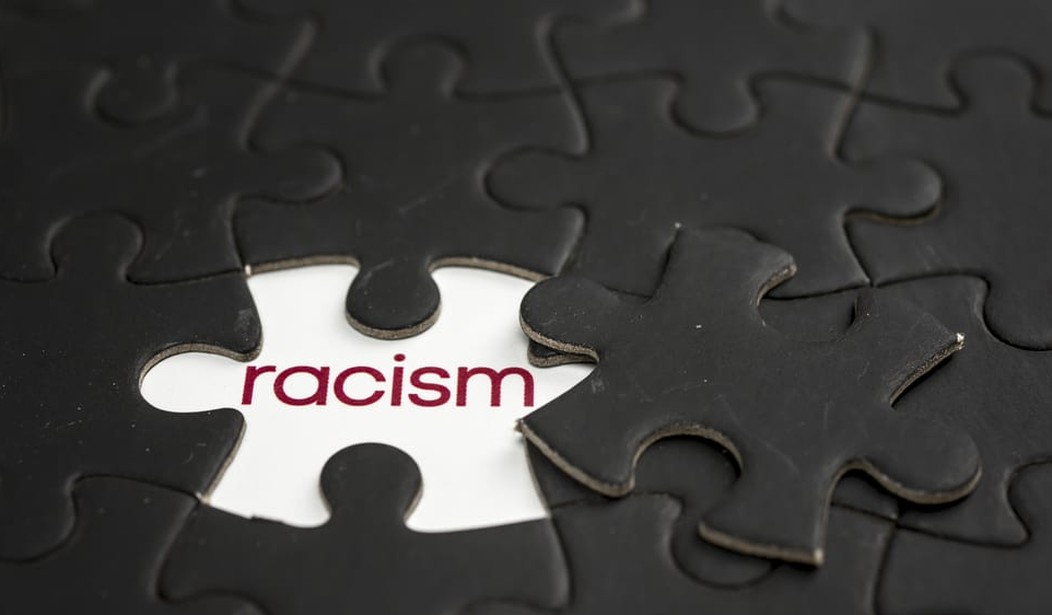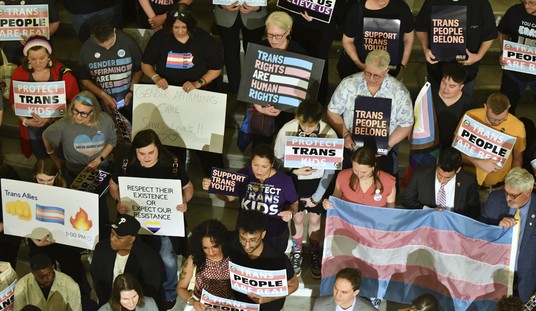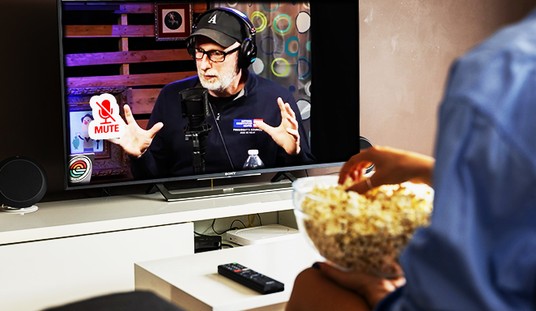When I was pregnant with my son, someone told me that being a parent would be both harder and better than I could imagine. I had no concept of how all-consuming motherhood could be in every possible way, including when it comes to pain.
I never knew what it meant to feel someone else’s pain. Sure, if someone were hurt I could feel empathy for him, but hardly would I feel the pain myself. But that’s how it is with my kid. When my son has a bad fall, or jams his finger in a drawer that he’s not closing carefully, or when he’s battling a cold or a fever, or even when his feelings are hurt, it cuts through me like a knife. I don’t just feel sorry for him, but I feel his pain within my body. It is a physical and visceral experience. It’s hard to describe to anyone without children. But for those of us who have kissed boo boos and rocked a sick baby to sleep, we know all too well how much it hurts to see them suffer.
Of course, feeling pain and discomfort are a part of life. And they’re certainly a part of growing up. Without getting sick, how will my son’s immune system improve? And if he isn’t careful when closing a drawer, there’s no better way for him to learn to close it properly than to learn the hard way. My husband and I know this – we let him have his growing pains, in every sense of the word. But that doesn’t mean it hurts us any less.
I started to wonder if feeling the pain of your child is biological in some way. Some studies have shown that fetuses pass some of their cells through the placenta to their mothers, and that these cells migrate to various organs of the body (including the brain), and stay there. This is perhaps validation of the bond that mothers feel with their children, even long after giving birth. Could it be possible for it to extend even further, though?
Twins often report knowing when their sibling is in pain or distress – perhaps the result of their time together in utero. Who’s to say this isn’t true for mothers?
On the other hand, maybe the experience of feeling your child’s pain isn’t a bi-product of the pregnancy. I know several fathers (my husband included), as well as several adoptive parents, who feel their children’s pain just as much as any birth mother. But that doesn’t necessarily make it any less biological.
As we live and learn and experience things in life, our brains are constantly changing to accommodate new information. Synapses are always forming. Perhaps when we become parents, our children change us in more ways than we realize. Perhaps as we learn to nurture and care for our kids (biological or not), they carve a little part of themselves into us. And maybe the result is that we can feel what they’re feeling, and sense when they need our help.
Whether the feeling is cellular, psychosomatic, or otherwise biological, the parental experience of pain when our children are suffering is very real indeed. Evolutionarily speaking, it is to our benefit to feel this, because it ensures that we take care of our little ones so that they might grow up to reach a reproductive age themselves. But all science aside, it is hard to appreciate all the ways you can love your child until you become a parent yourself. As I was told before my son was born, being a parent is in fact harder than you can ever imagine. And it is a million times better than your wildest dreams.









Join the conversation as a VIP Member